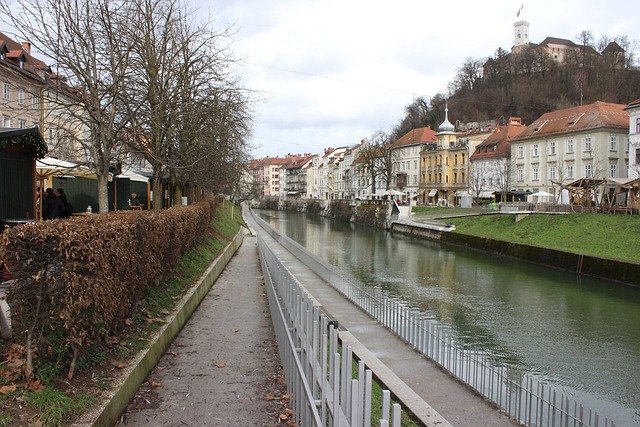Karachi, Pakistan's vibrant metropolis, faces recurring electricity load shedding due to demand-supply imbalance, disrupting daily life and businesses. To address this, authorities and providers are implementing strategies like expanding power grids, investing in renewable energy, and introducing smart metering systems. These efforts aim to provide a more stable power supply, easing strain on the bustling city's residents and growing population. Innovative solutions, including smart grid technology and renewable energy integration, coupled with public-private partnerships, are vital for Karachi's future, aiming for sustainable and uninterrupted electricity.
In Karachi, electricity load shedding has become a recurring theme, disrupting daily life near iconic landmarks like Khalid Bin Walid Road. This article delves into the complexities of this issue, exploring its impact on residents and businesses. We analyze the current situation, understanding the causes behind load shedding in the city. Furthermore, we present potential solutions and discuss the future outlook for ensuring a reliable power supply in Karachi.
- Understanding Electricity Load Shedding in Karachi
- Impact on Residents and Businesses Near Khalid Bin Walid Road
- Potential Solutions and Future Outlook for Reliable Power Supply
Understanding Electricity Load Shedding in Karachi

Electricity load shedding, a common phenomenon in many parts of Pakistan, particularly affects Karachi, one of the country’s most vibrant metropolitan areas. This issue arises when the demand for electricity exceeds the available supply, leading to planned or unplanned power cuts. In Karachi, with its bustling streets and ever-growing population, managing energy distribution is a complex task. The city’s rapid urbanization and increasing energy demands often strain the existing infrastructure, causing load shedding during peak hours or in areas with high energy consumption.
The impact of load shedding in Karachi can be significant, affecting businesses, daily routines, and overall productivity. Residents and locals have become accustomed to these power interruptions, adopting various strategies to cope. However, the city’s authorities and electricity providers are continuously working on solutions to mitigate the problem. This includes expanding the power grid, investing in renewable energy sources, and implementing smart metering systems to ensure a more stable and reliable electricity supply for all Karachiites.
Impact on Residents and Businesses Near Khalid Bin Walid Road

The frequent electricity load shedding along Khalid Bin Walid Road in Karachi has significantly impacted residents and businesses in the area. Long power cuts disrupt daily routines, affecting everything from cooking and lighting to running essential equipment and cooling systems in homes and offices alike. This instability hampers productivity for local businesses, with many reporting decreased sales due to inconsistent operations and closed shop hours.
Moreover, residents face challenges in accessing basic services, especially during hot summer days when air conditioning becomes a necessity. The frequent power outages have led to a sense of frustration and uncertainty among the community, who rely on reliable electricity supply for their well-being and smooth functioning of daily activities. Addressing this issue is crucial to ensure a better quality of life and foster economic growth in the vicinity of Khalid Bin Walid Road.
Potential Solutions and Future Outlook for Reliable Power Supply

The reliable power supply in Karachi, especially near Khalid Bin Walid Road, is a pressing issue that requires immediate attention and innovative solutions. One potential solution is the implementation of smart grid technology, which can optimize energy distribution and reduce load shedding by integrating advanced metering infrastructure and real-time monitoring systems. This enables a more efficient response to peak demand and facilitates proactive maintenance planning.
Looking ahead, Karachi can leverage its digital transformation to enhance power supply reliability. Smart city initiatives, coupled with renewable energy integration such as solar and wind power, can diversify the energy mix and reduce reliance on traditional fossil fuels. Furthermore, public-private partnerships can drive infrastructure upgrades, ensuring a more robust and resilient power network for the future. These steps are crucial in achieving sustainable and uninterrupted electricity supply for the residents of Karachi.
Electricity load shedding, a persistent issue in Karachi, particularly affects areas near Khalid Bin Walid Road. The disruption causes both residents and businesses significant inconvenience and hinders economic growth. However, by exploring innovative solutions like smart grid technology and renewable energy integration, the city can move towards a more reliable power supply future. Addressing this challenge is crucial for the overall development and livability of Karachi.

Leave a Reply